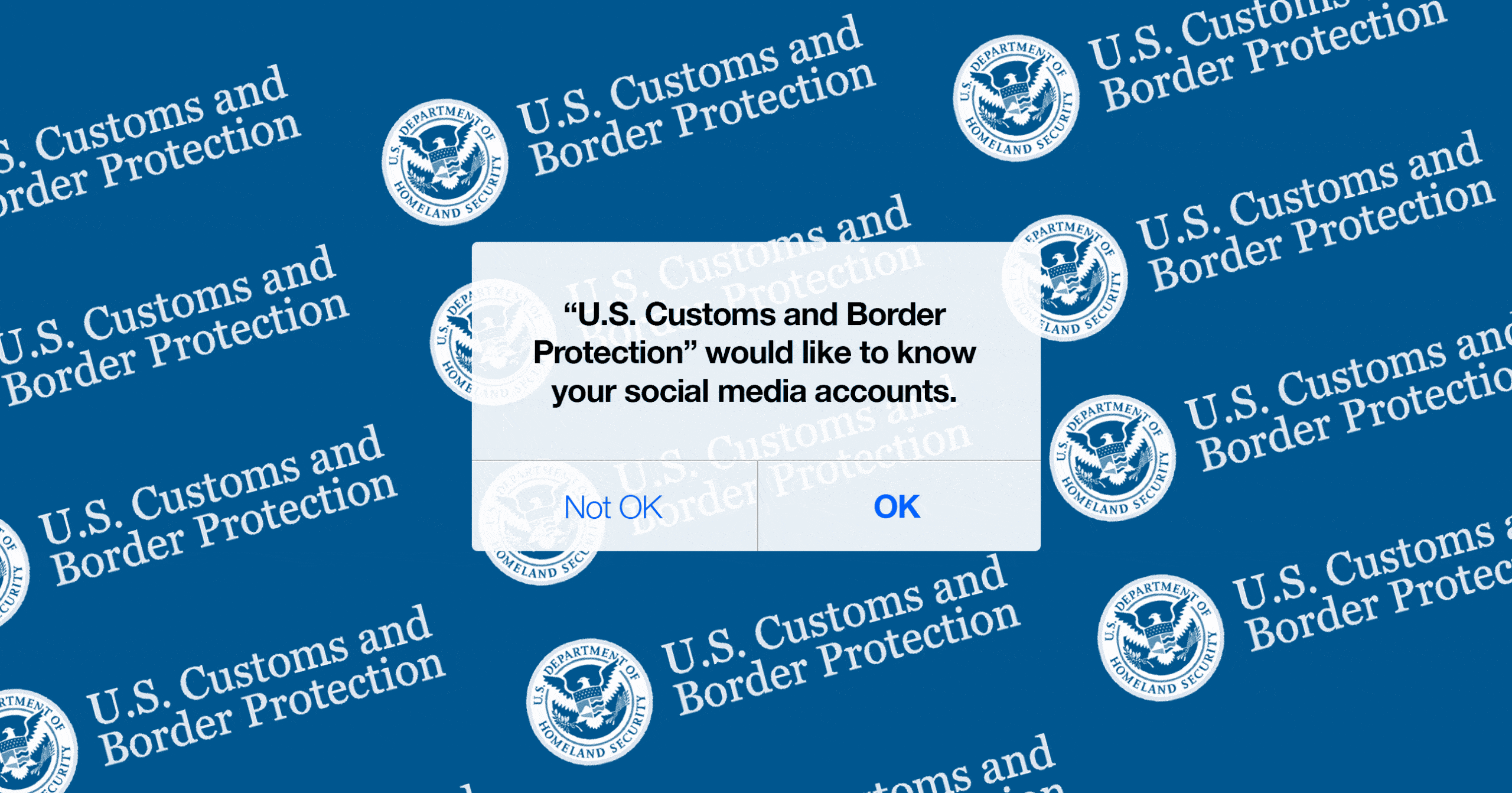Surveillance of our social media accounts interferes with our right to freedom of expression. Yet, we’re witnessing an alarming increase in these types of surveillance programs. On October 18, Access Now filed reply comments to the Department of Homeland Security (“DHS”) requesting the agency to withdraw its proposed Notice of Modified Privacy Act System of Records and conduct a thorough, detailed, and public analysis on the reach and efficacy of its social media monitoring programs generally.
For the full text, you can find it here.
With the proposal, DHS envisioned the expansion and formalization of the collection and retention of data to cover the social media information related to current individuals’ official immigration status. Access Now objects to this proposal for its violations of the U.S. Constitution and our commitments under international human rights law.
The U.S. government has a long history with social media monitoring, including in relation to travelers and/or those applying for U.S. immigration benefits. Access Now has constantly fought against this activity, both domestically and globally. Social media monitoring intrudes into people’s lives and violates fundamental human rights of speech and association, and privacy –- well-recognized in international law.
In addition to the rights in the First Amendment and Fourth Amendment of the U.S. Constitution, the International Covenant on Civil and Political Rights (“ICCPR”), ratified by the U.S. government in 1992, expressly recognizes human rights to freedom of expression and assembly, as well as privacy. Unfortunately the programs operated by DHS undermine these constitutional obligations and international law commitments. As we explained, this proposal chills expression and free association, especially for those in marginalized communities – communities of color, religious groups, and LGBTQI individuals — who are usually the first to self-censor due to a history of targeting. The program also seriously interferes with the right to privacy. You think you only click a “like” on Facebook, but this may allow the government to know way much more about you -– perhaps even more than your families do!
We will keep fighting for you.
